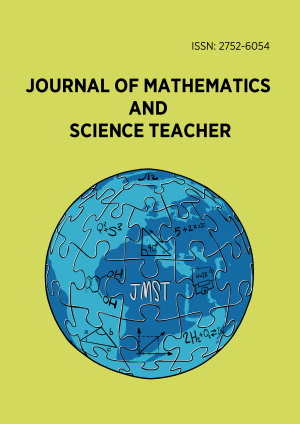Abstract
The pandemic necessitated the remote implementation of instruction, challenging even the best existing instructional strategies to respond to the demand for self-directed learning. Literature suggests that metacognitive strategies may provide a potential answer to this growing need. In this study, we designed a theory-based alternative assessment for a group of grade 8 learners (n=23). The primary aim is to determine the effect of the alternative assessment on the learners’ metacognitive awareness, and its relationship to their performance scores in the subsequent summative assessment. Results show that the alternative assessment improved the metacognitive awareness level of the learners as a whole (p=.011) and particularly, their regulation of cognition (p=.006). Pearson correlation also revealed a significant moderate correlation between learners’ alternative assessment and subsequent summative assessment scores – as a whole (r=.47) and when considering higher-order thinking skills items (r=.44). Overall, the alternative assessment model a viable prototype for future metacognitive instructional materials.
License
This is an open access article distributed under the Creative Commons Attribution License which permits unrestricted use, distribution, and reproduction in any medium, provided the original work is properly cited.
Article Type: Research Article
Journal of Mathematics and Science Teacher, Volume 2, Issue 2, 2022, Article No: em018
https://doi.org/10.29333/mathsciteacher/12385
Publication date: 19 Aug 2022
Article Views: 2601
Article Downloads: 2554
Open Access References How to cite this article
 Full Text (PDF)
Full Text (PDF)